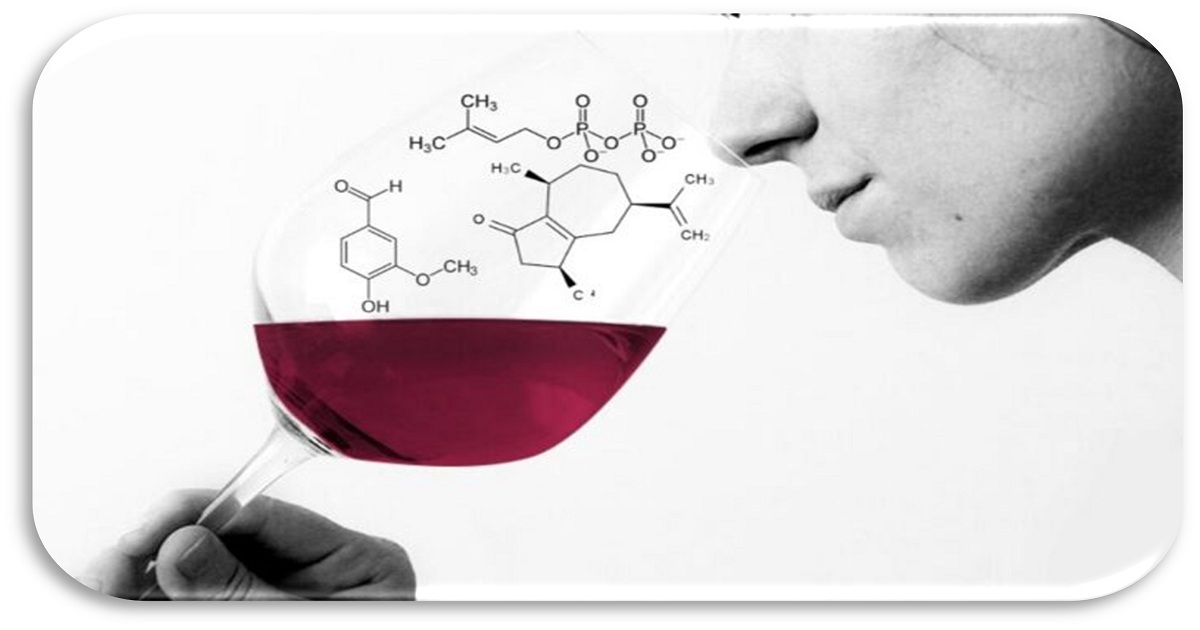- 2.5Impact Factor
- 5.5CiteScore
- 20 daysTime to First Decision
Wine Technology and Sensory Analysis: 2nd Edition
This special issue belongs to the section “Food Science and Technology“.
Special Issue Information
Dear Colleagues,
Wine production is a complex process, and each stage of this process affects the final product. The chemical composition of each wine depends on the variety of wine, vineyard conditions, viticultural and vinification techniques, and the aging and maturation stage. Each stage includes various factors that could affect the chemistry of the wine.
The chemical composition of wine is a mixture of many types of compounds. Along with water and ethanol, which are most abundant compounds, wines also contain sugars, acids, higher alcohols, various phenolic compounds (flavonols, flavan-3-ols, benzoic acids, anthocyanins), volatile compounds (esters, terpenes, aldehydes, ketones, volatile acids and alcohols), and others. Combinations of these chemical compounds result in unique colors and aromas.
Aroma include the wine’s flavor and scent, the two main quality parameters that influence consumer choice. Therefore, sensory analysis of wine is a crucial scientific discipline that enables the objective determination of the visual, olfactory, taste characteristics of wine, as well as the variety correctness and potential consumer perceptions.
The aim of this Special Issue is to provide insights into the different wine technologies that are currently used and affect the chemical composition and sensory properties of wines. Submissions that include chemical and sensory analyses of grape, must, and wine, along with new approaches, wine varieties, analytical methodology, vinification methods, and their significance for world winemaking, are particularly encouraged.
Dr. Ivana Ivic
Prof. Dr. Anita Pichler
Guest Editors
Manuscript Submission Information
Manuscripts should be submitted online at www.mdpi.com by registering and logging in to this website. Once you are registered, click here to go to the submission form. Manuscripts can be submitted until the deadline. All submissions that pass pre-check are peer-reviewed. Accepted papers will be published continuously in the journal (as soon as accepted) and will be listed together on the special issue website. Research articles, review articles as well as short communications are invited. For planned papers, a title and short abstract (about 250 words) can be sent to the Editorial Office for assessment.
Submitted manuscripts should not have been published previously, nor be under consideration for publication elsewhere (except conference proceedings papers). All manuscripts are thoroughly refereed through a single-blind peer-review process. A guide for authors and other relevant information for submission of manuscripts is available on the Instructions for Authors page. Applied Sciences is an international peer-reviewed open access semimonthly journal published by MDPI.
Please visit the Instructions for Authors page before submitting a manuscript. The Article Processing Charge (APC) for publication in this open access journal is 2400 CHF (Swiss Francs). Submitted papers should be well formatted and use good English. Authors may use MDPI's English editing service prior to publication or during author revisions.
Keywords
- wine technology
- chemical composition
- phenolic compounds
- aroma compounds
- vinification techniques
- sensory analysis

Benefits of Publishing in a Special Issue
- Ease of navigation: Grouping papers by topic helps scholars navigate broad scope journals more efficiently.
- Greater discoverability: Special Issues support the reach and impact of scientific research. Articles in Special Issues are more discoverable and cited more frequently.
- Expansion of research network: Special Issues facilitate connections among authors, fostering scientific collaborations.
- External promotion: Articles in Special Issues are often promoted through the journal's social media, increasing their visibility.
- e-Book format: Special Issues with more than 10 articles can be published as dedicated e-books, ensuring wide and rapid dissemination.
Related Special Issues
- Wine Technology and Sensory AnalysisinApplied Sciences (10 articles)

